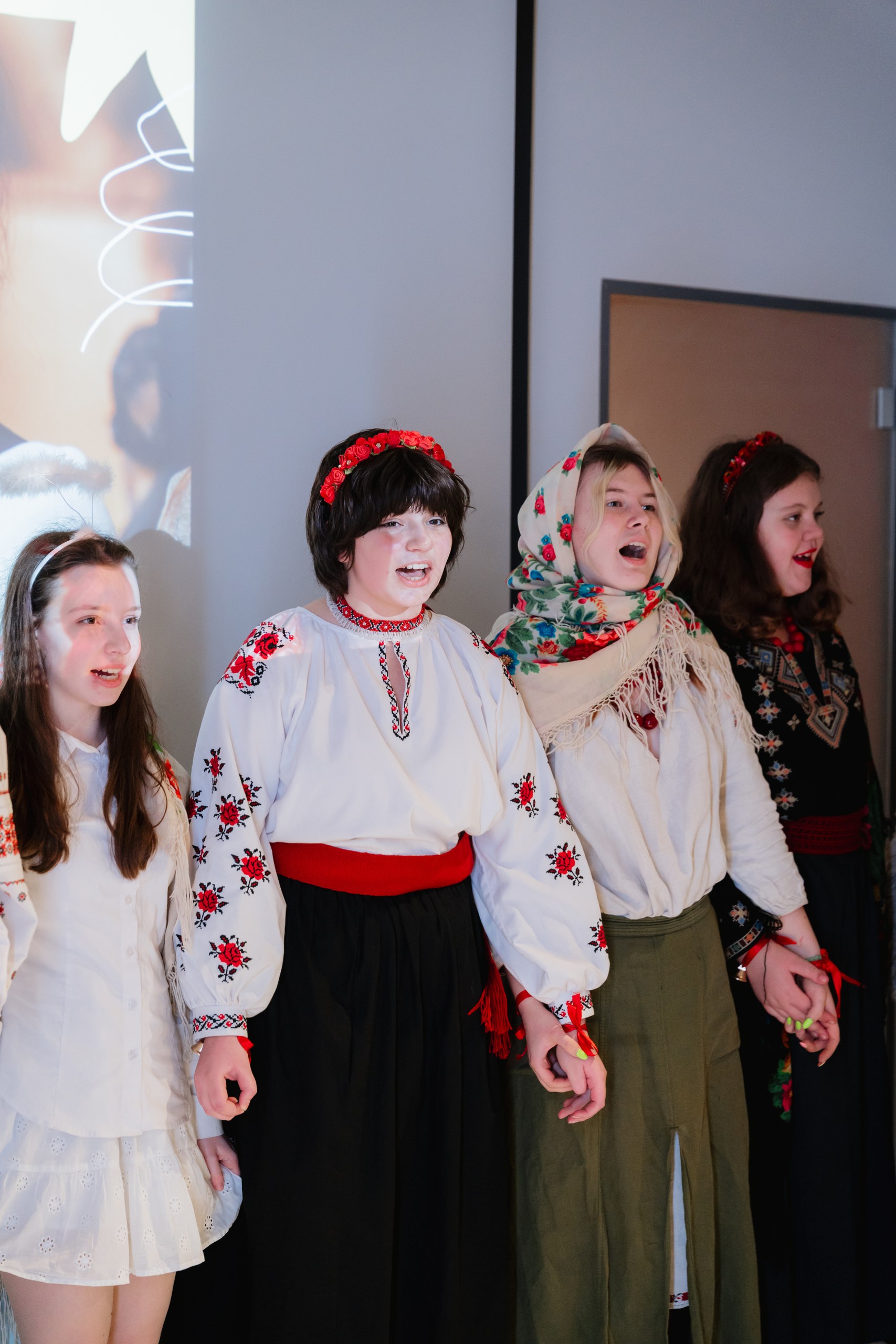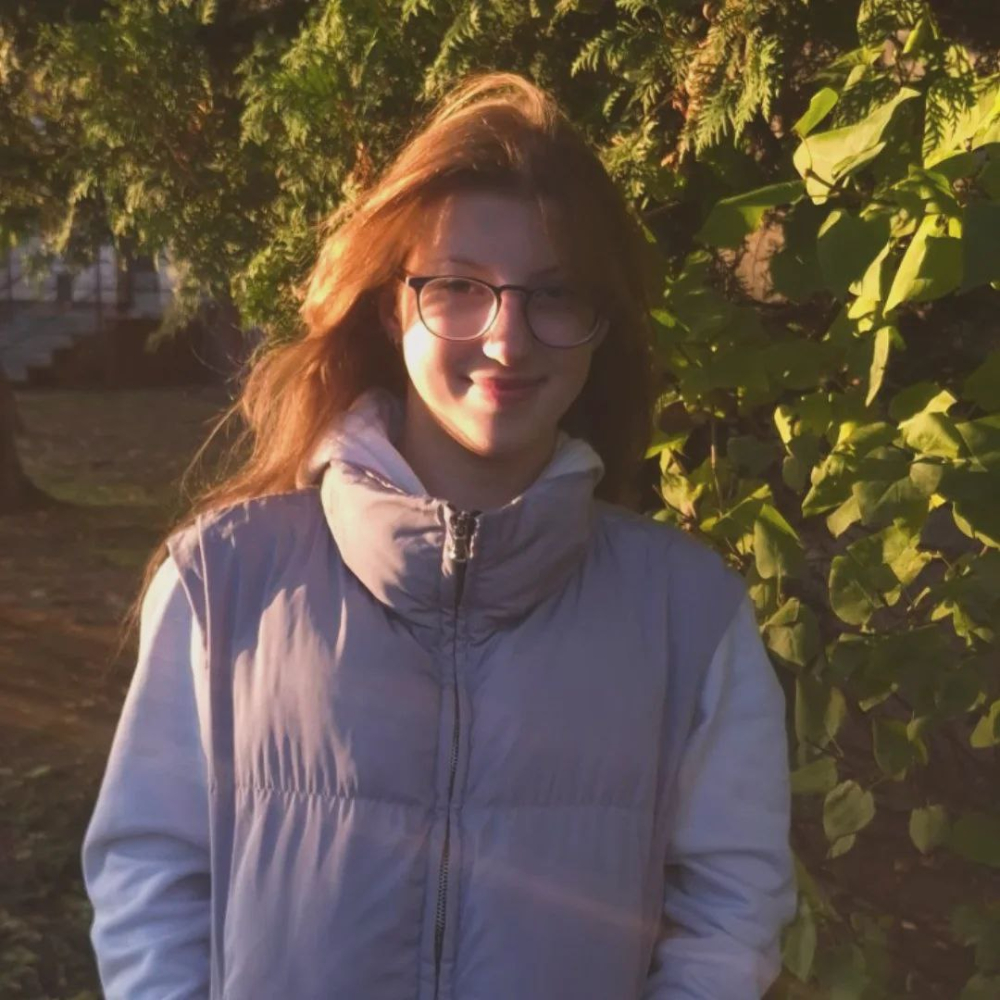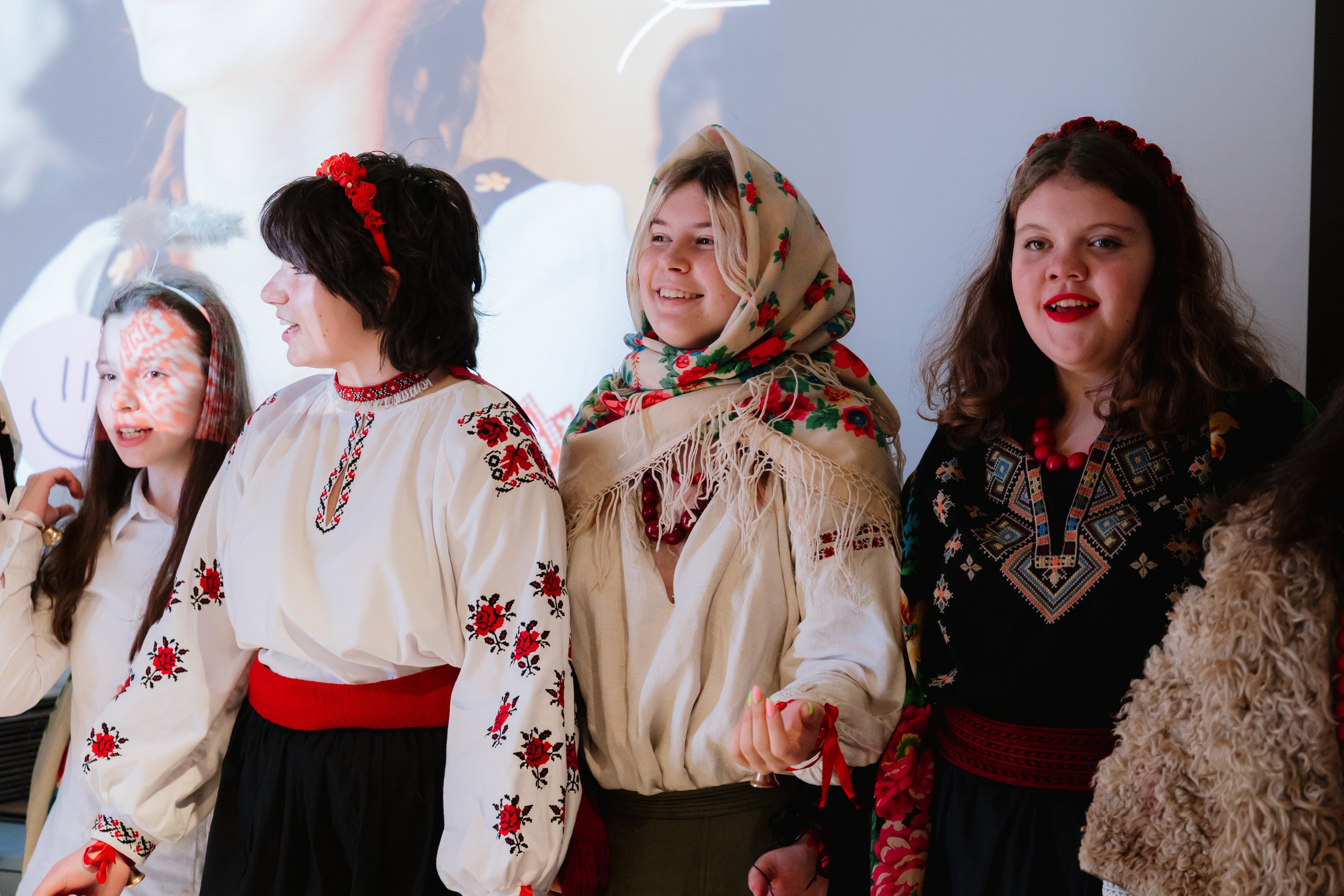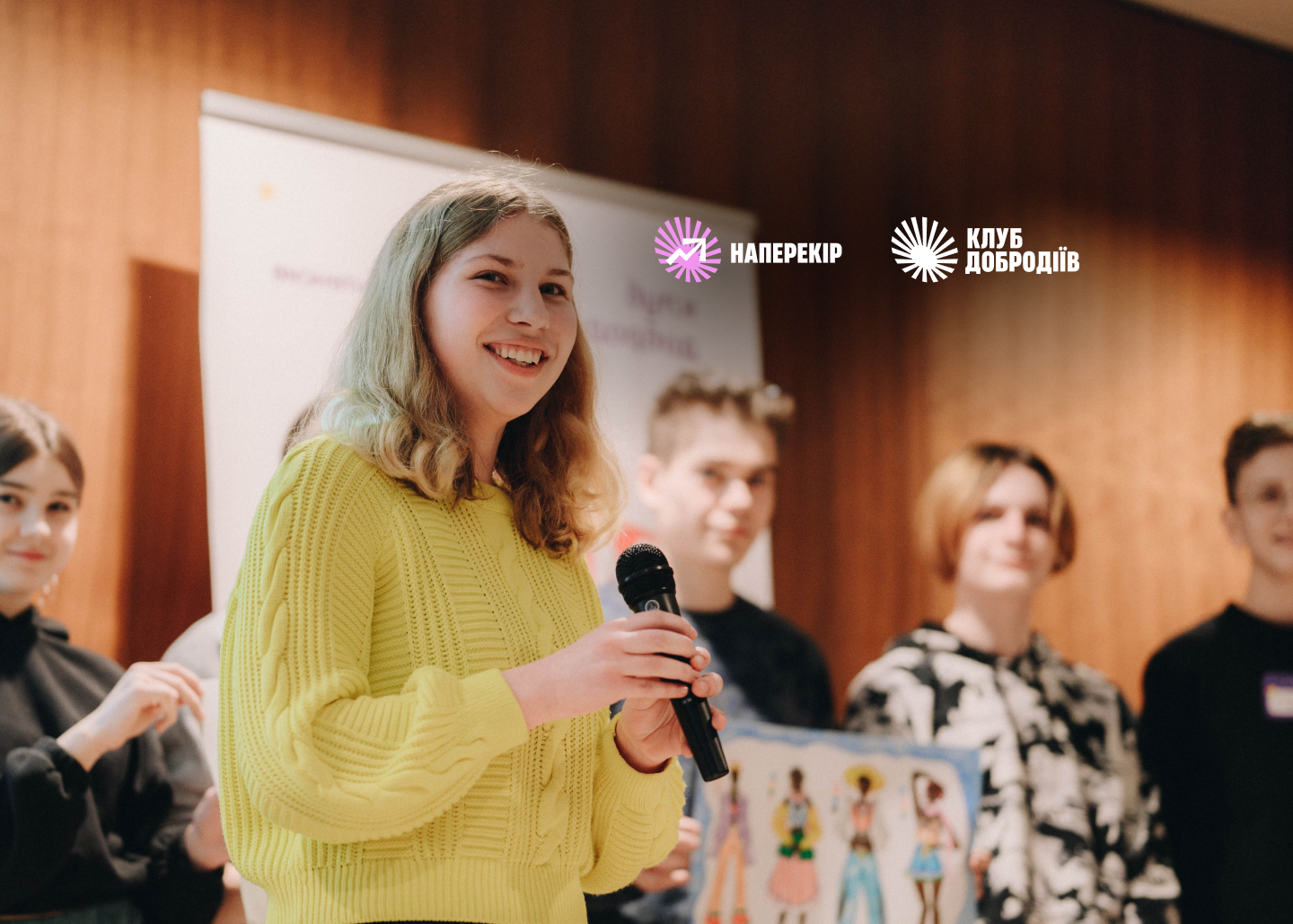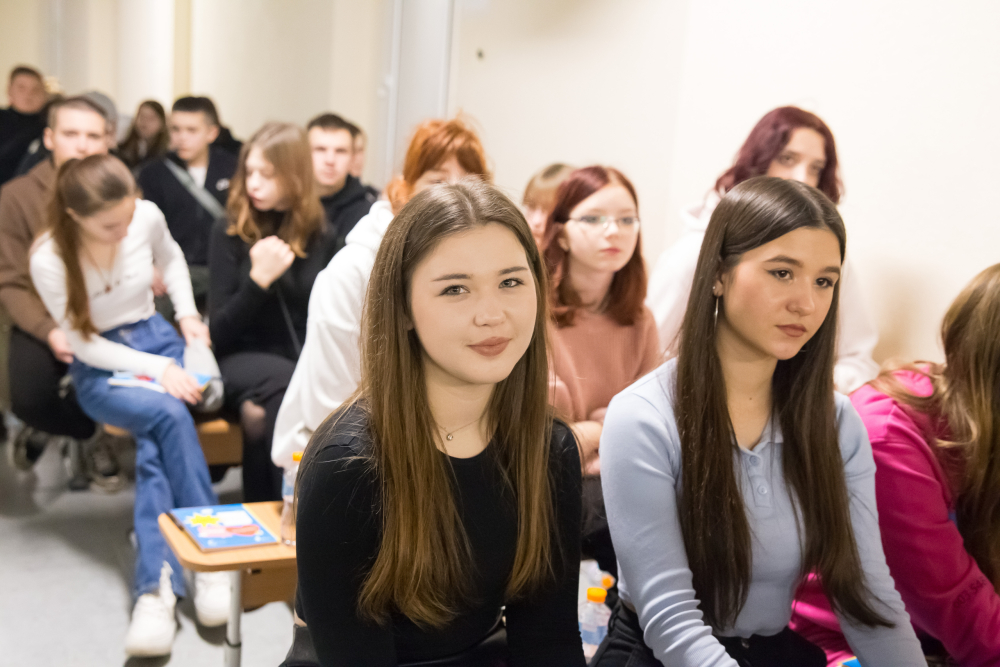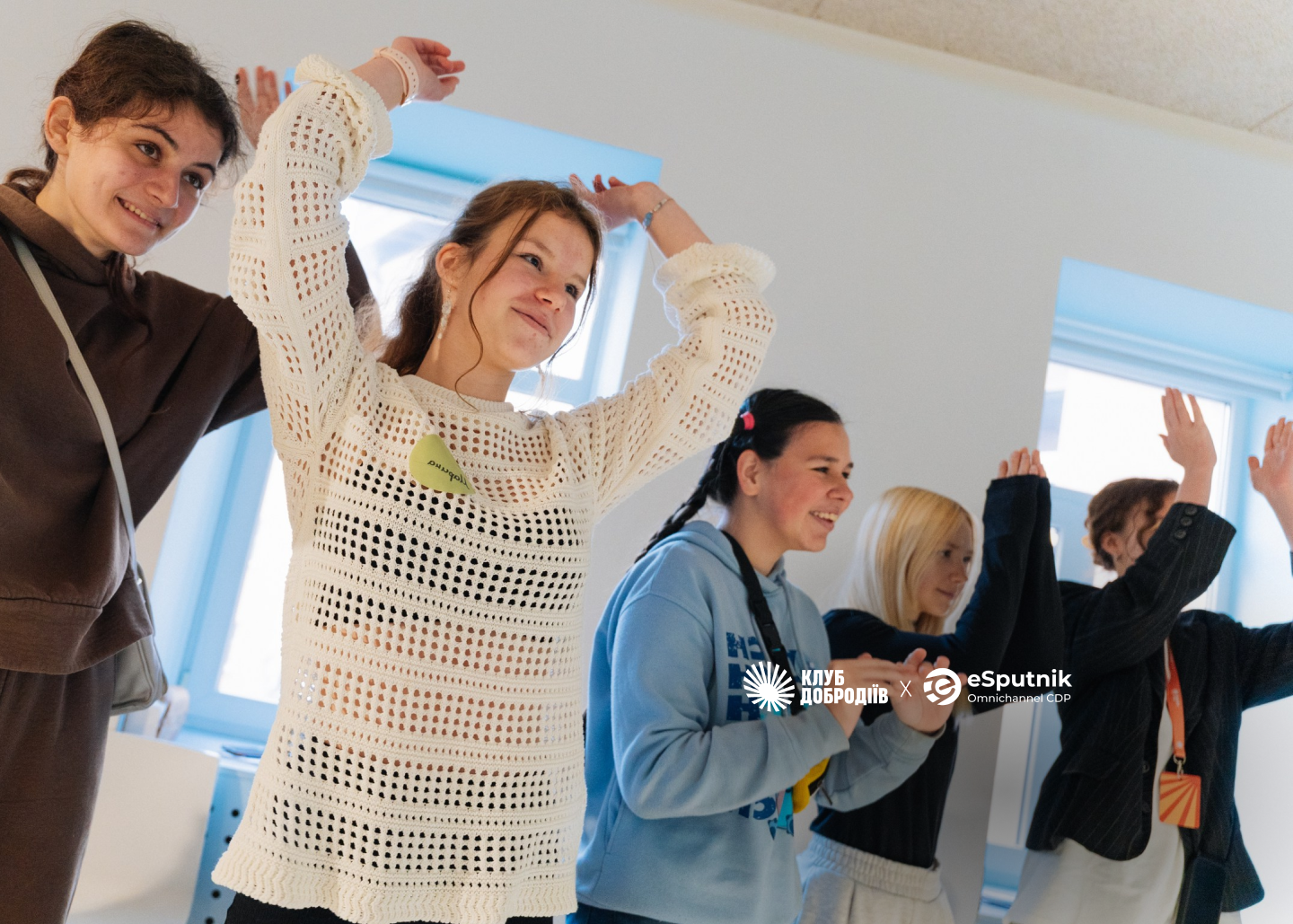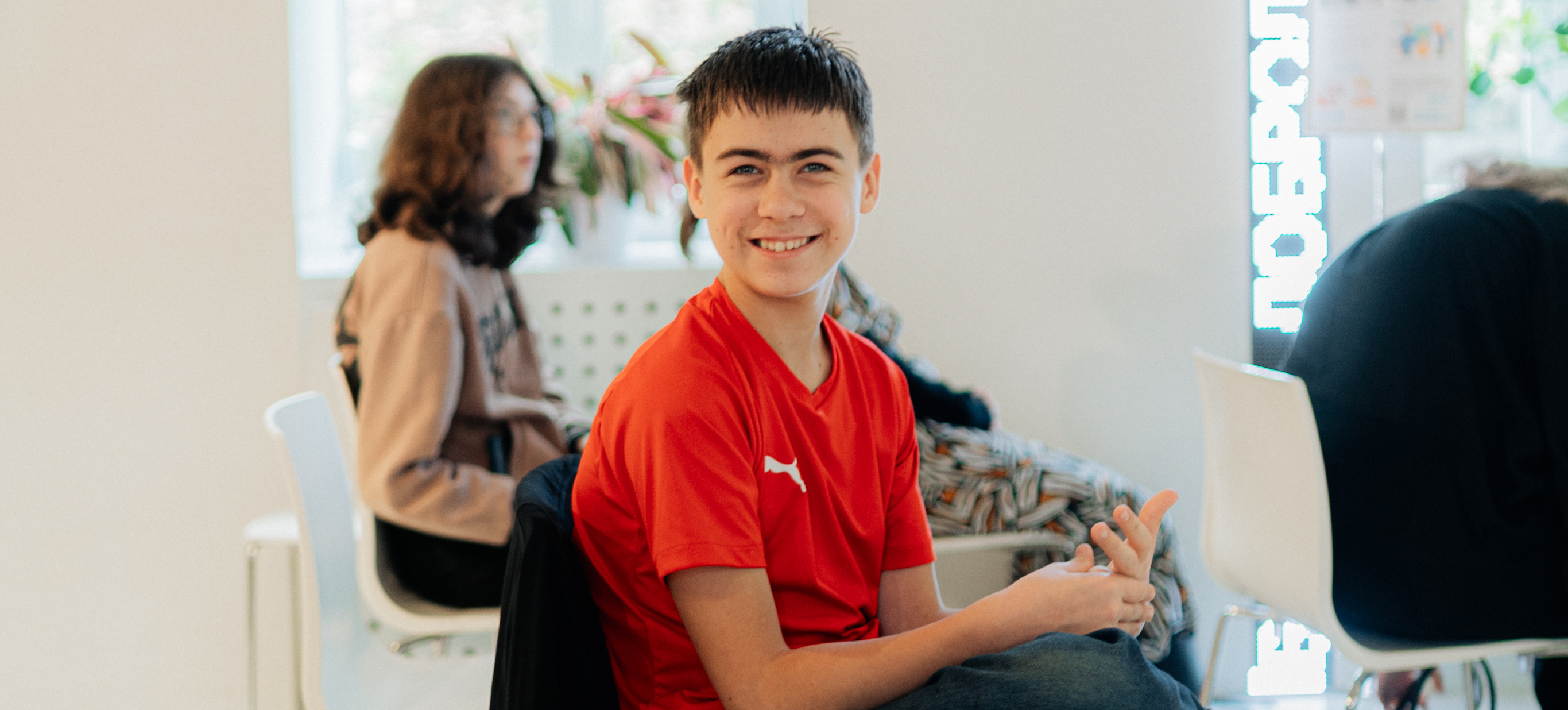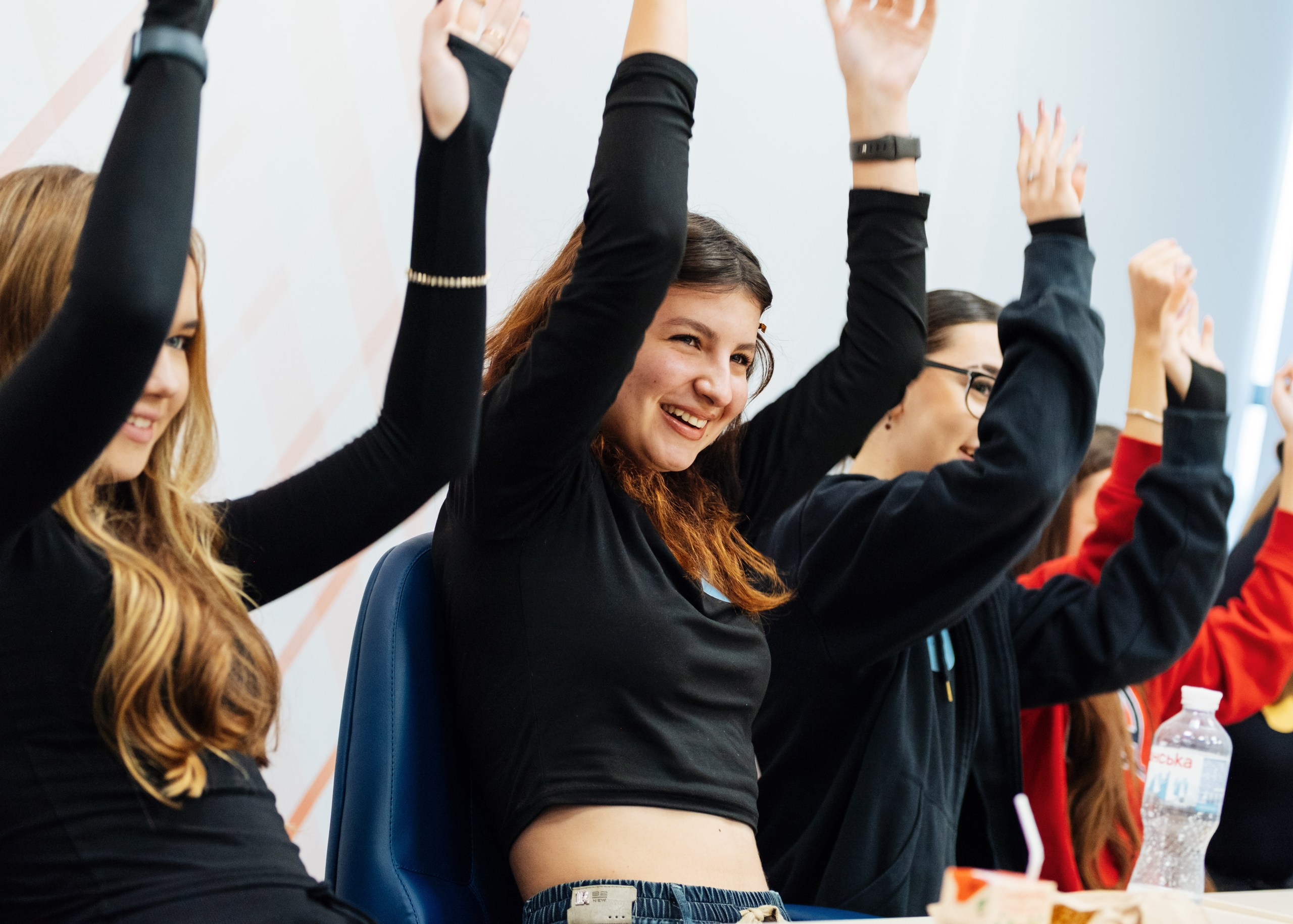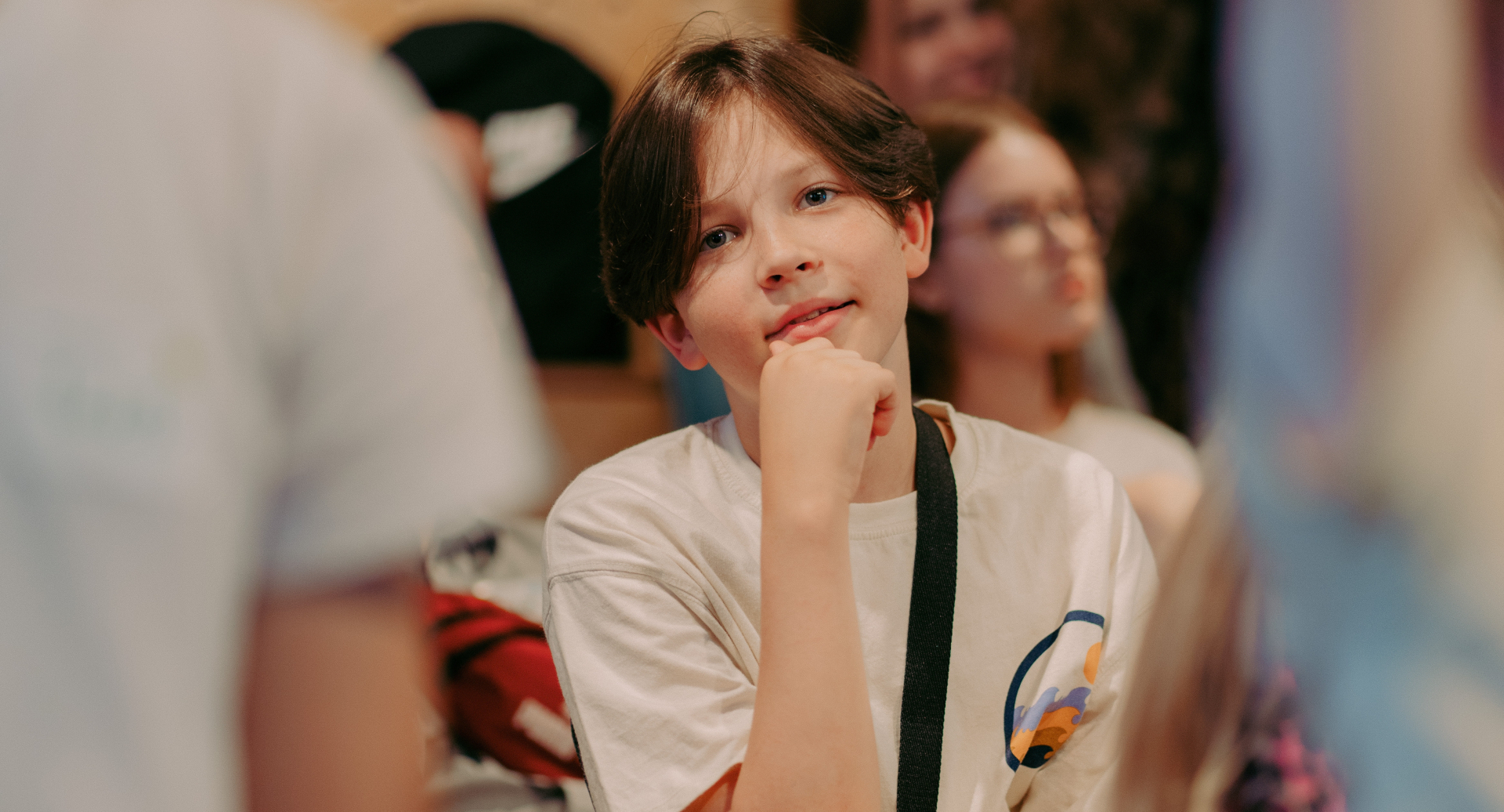
Дякуємо за ваш внесок!
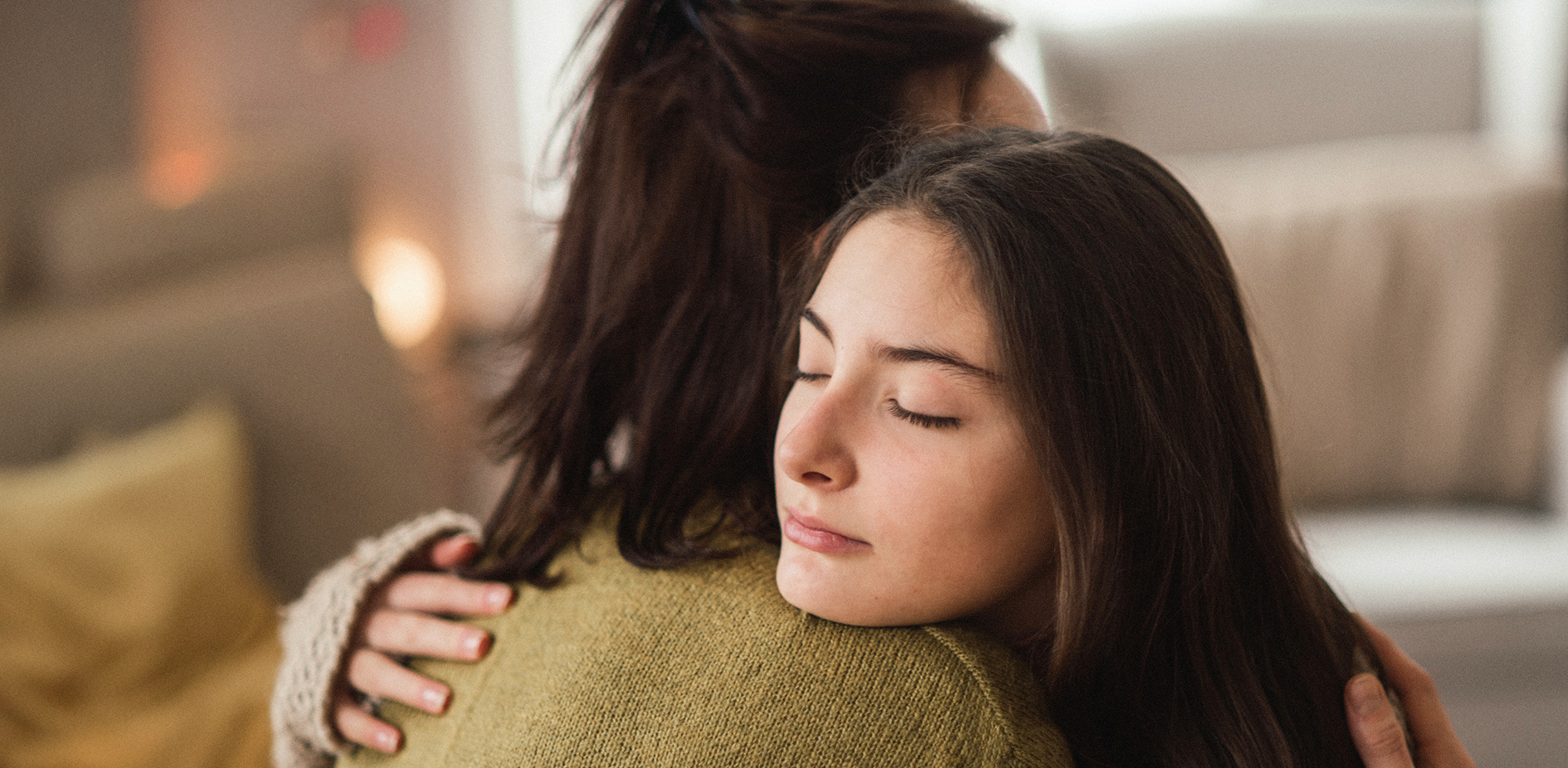
How the “Mentorship” project helps teenagers regain faith in themselves
“If there was no one to see — the child learns to hide. If there was no one to listen — the child learns to stay silent. Learned helplessness is not a sentence — it’s an experience that can be rewritten. And I believe we’ve managed to do that.” — Maryna Kravchenko, supervisor of the “Mentorship” project, Dobrodiy Club
1. The Right to Want
The ability to choose isn’t about whims — it’s about inner freedom, the foundation for every decision: from friendships to careers, from relationships to self-respect.

“When a teen who’s always said ‘I don’t care’ suddenly says ‘I want this dessert,’ you realize it’s not about the dessert — it’s about discovering that their choice matters.” — Olha Khairulina, psychologist, Mentorship project.
2. Trust Instead of Resistance
Defensiveness is natural for those who’ve spent years unable to trust adults. Suspicion, sarcasm, even hostility — these are walls built to survive. When resistance turns into curiosity, and curiosity into trust — real dialogue begins.

“At first, I often faced mistrust and skepticism. But one day I finally heard the words I’d been waiting for: ‘I’ll come again.’” — Hanna Sytnyk, psychologist, Mentorship project
3. Presence and Acceptance
A safe adult isn’t someone who demands change, but someone who offers unconditional acceptance — a steady source of support.

“It’s crucial to create a space free of judgment, criticism, or lecturing. Sometimes you just need to sit beside them and allow the tears that no one’s seen before.” — Diana Liakh, psychologist, Mentorship project
4. Building Inner Stability
When the outer world is unstable, inner support becomes an anchor. For teens with care experience, building that stability is especially hard — many have never had adults they could truly rely on.

“Perhaps we — together with the mentors — added another brick to their worldview: the feeling that they are heard and that they matter.” — Andrii Shykulenko, psychologist, Mentorship project
5. From Isolation to Belonging
Teens who are used to surviving alone often struggle to feel they belong. We aimed to create an environment where connection, trust, and human warmth remain — even in difficult times.

“When teens gained new perspectives and could distance themselves from overwhelming emotions — that was a real breakthrough. Their openness and courage to speak moved us deeply.” — Mykhailo Skyba, psychologist, Mentorship project
Transforming Helplessness into Strength
Learned helplessness can become learned strength — not through lectures, but through safe spaces where teens can dream, choose, and try again.
Behind every small step — a shared story, a quiet “I can,” and a growing belief that life can be different.
For that belief to take root, all it takes is presence, support, and care.
The results of the Mentorship project show: while the past cannot be changed, we can give teenagers the inner stability to shape a better future.
The project was implemented with the support of UNICEF Ukraine and EPAM Ukraine.



